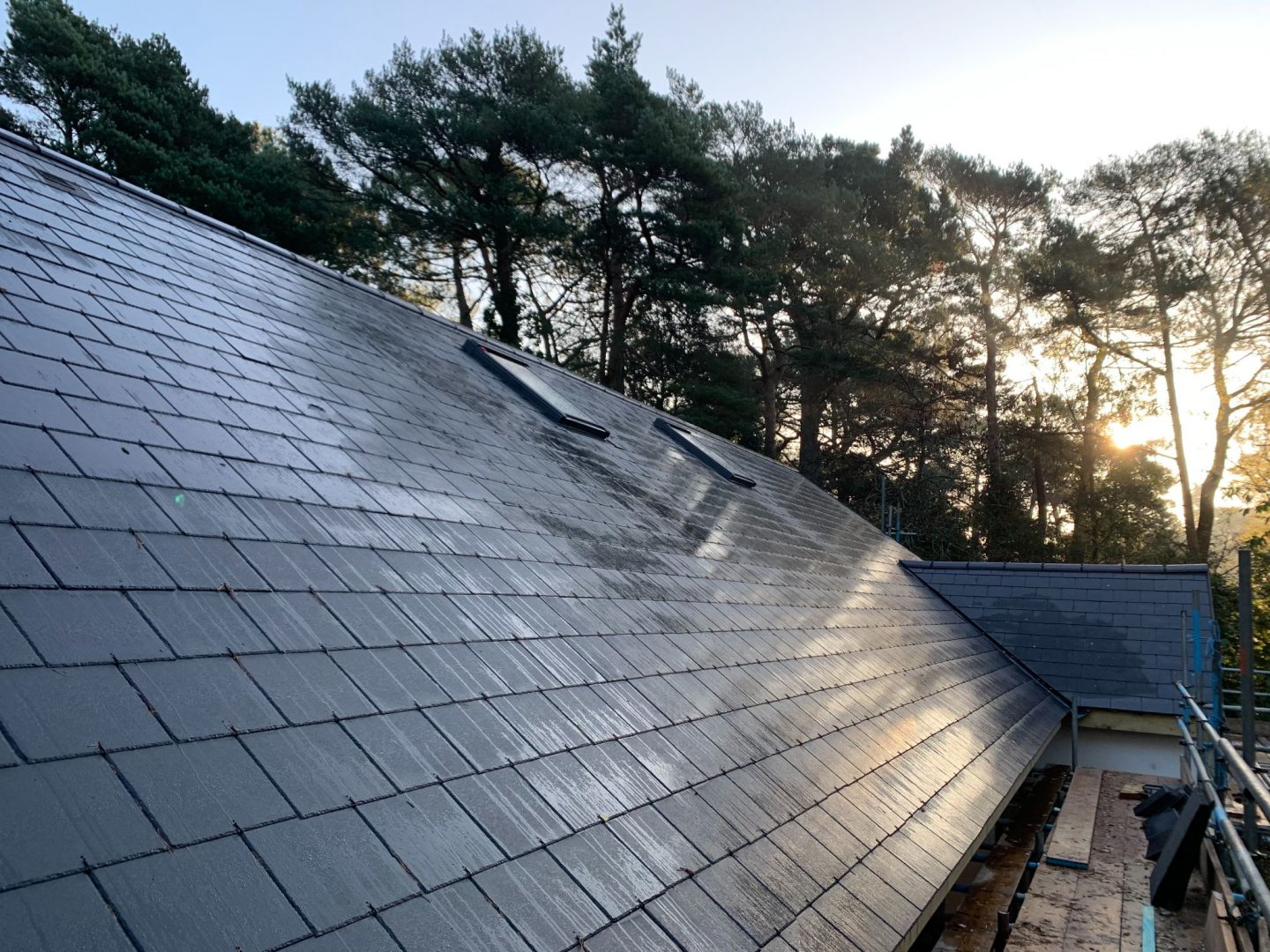
Roof replacements are necessary when damage is too severe to repair. Regular wear and tear, along with age, can lead to roof deterioration, which may result in leaks, sagging, or the loss of shingles. The most common materials used for roofing in the UK include tiles, slates, and flat roofs, each of which has its own lifespan. For example, traditional clay or concrete tiles can last for around 50 years or more, while asphalt shingles typically last between 20 and 30 years. When these materials begin to fail, replacement is the most cost-effective solution to prevent further damage to the home's structure and interior. Roof replacement is not just about aesthetics; it is crucial for ensuring the safety and protection of your home.
The choice of materials for a new roof is crucial. In the UK, the most common roofing materials include slate, clay tiles, concrete tiles, and more recently, synthetic alternatives that mimic traditional aesthetics while offering modern benefits. Slate is highly durable and can last well over 100 years, making it a popular choice for heritage homes. Clay tiles also offer long life and natural insulation properties, but they may be more susceptible to damage during freezing conditions. Concrete tiles can be used to build suburban homes at a reasonable price. Some homeowners are turning to lightweight metal or synthetic composite tiles for easier installation and energy efficiency. Selecting materials according to the architectural style of the house, the local building codes, and regional climate is essential. Professional roofers can guide you in making these choices based on your property's specific needs.
Costs for a Typical roof replacement prices in the UK vary depending on a number of factors, including the type of roof chosen, materials used, and complexity. The average cost of a three-bedroom home is between 5,000 to 12,000, but costs may be higher if the house is larger or complex. Labour accounts for a significant portion of this expense, so it's important to choose a reliable and experienced contractor. Always ask for written quotes, check reviews, and make sure the company is insured and certified by a recognised trade body. Some local councils and government schemes offer incentives or financial support for roof replacements to improve energy efficiency. A new roof will add value and peace of mind to your house for many years. To acquire new information please head to www.roofadvisor.co.uk/how-much-does-a-roof-replacement-cost-in-the-uk/

The UK's unpredictable climate makes it important to consider when replacing a roof. Most roofing projects are scheduled during spring, summer, or early autumn to avoid delays caused by rain, wind, or icy conditions. Although emergency roof replacements are possible at any time, scheduling the work during favorable weather conditions allows for better quality and efficiency. Depending on the roof's complexity and size, the replacement process may take anywhere from a few days to a couple of weeks. During this time, homeowners should expect some disruption, including scaffolding, noise, and limited access to certain areas. Preparing in advance, such as informing neighbours and protecting garden furniture or vehicles, can help reduce inconvenience. Professional roofers will keep an open line of communication, provide a timeline and maintain safety throughout the entire project.
A roof replacement project is an important one that will protect a house's structural integrity, increase its value and boost energy efficiency. UK homeowners should be on the lookout for any signs of roof damage and take action immediately to avoid further damage. With so many materials and contractors available, making informed decisions is vital to achieving the best results. When planning your project, it's important to consider costs, schedules, and warranties. A well-executed replacement roof can bring peace of mind to homeowners for many years, whether it's for aesthetic reasons or because the problem has been present for a long time. By investing wisely and working with experienced professionals, homeowners can ensure that their property remains safe, dry, and attractive regardless of the unpredictable British weather.